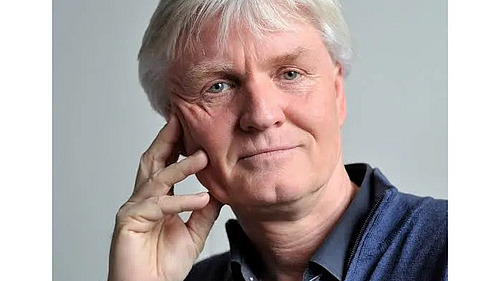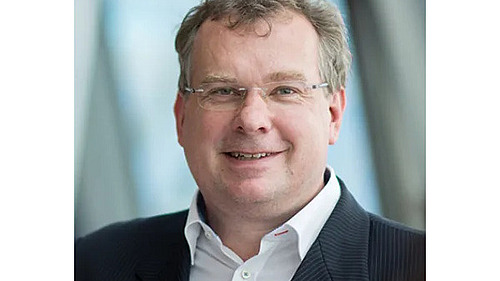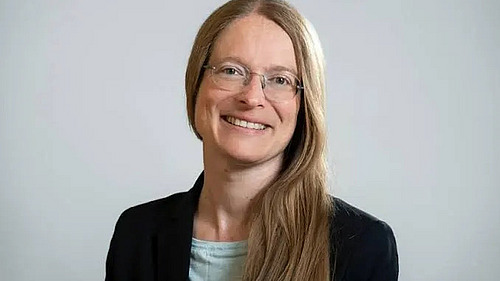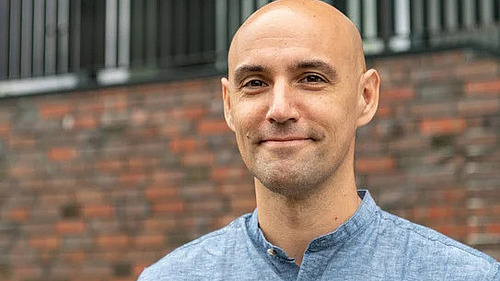Chromophores are setting benchmarks in the life sciences to visualize biomolecules and to optically control biological function. Organic chemistry is at the forefront in designing, synthesizing and applying small molecule fluorophores and photoswitches for better image quality and higher sensitivity, including faster kinetics, respectively. Traditional approaches were tuning the responsible aromatic systems by exploring the effect of substituent introduction; however, this changes the molecular scaffold, and accordingly, might hamper the way a chromophore is used. We present deuterium (d12) congeners of tetramethyl(silicon)rhodamine and deuterated azobenzene photoswitches, obtained by isotopic labelling of the four methyl groups and installing deuterium on the aromatic units, respectively. This is a general strategy of enhancing chromophoric molecules. Improved photophysical parameters (i.e. brightness, lifetimes) and reduced chemical bleaching are shown for TMR-d12 and SiR-d12, and enhanced properties, such as fluorescence activated cell sorting, fluorescence lifetime microscopy, stimulated emission depletion nanoscopy and single-molecule Försterresonance energy transfer are shown for SNAP- and Halo-tag labelling and ligandfused chimeras in live cells. Other dye families (e.g. NBD, coumarin) are also amenable to this approach. Furthermore, deuteration can improve azobenzene performance in terms of light sensitivity, photoswitch efficiency, and photoswitch kinetics. This minimal alteration of the underlying structure retains biological efficacy, and has been implemented to optically control ion channels and G protein-coupled receptor function in live cells more optimally. Likewise, non-fluorescent chromophores are being used to ablate cells specifically in a spatiotemporal manner, and protein engineering complements the use of fluorophores.



